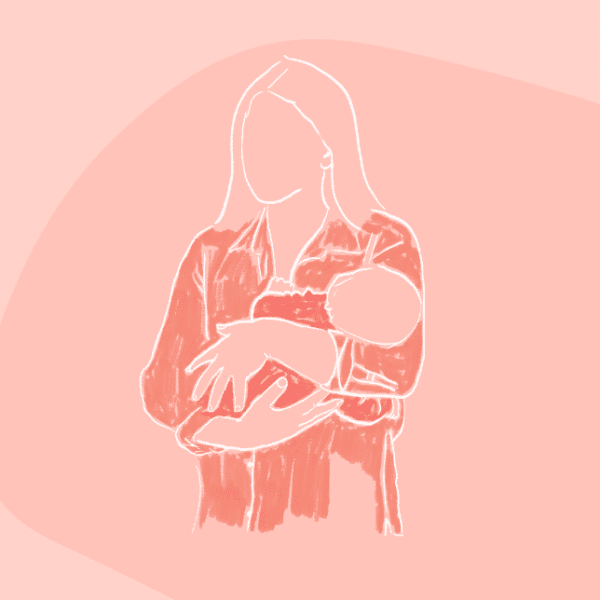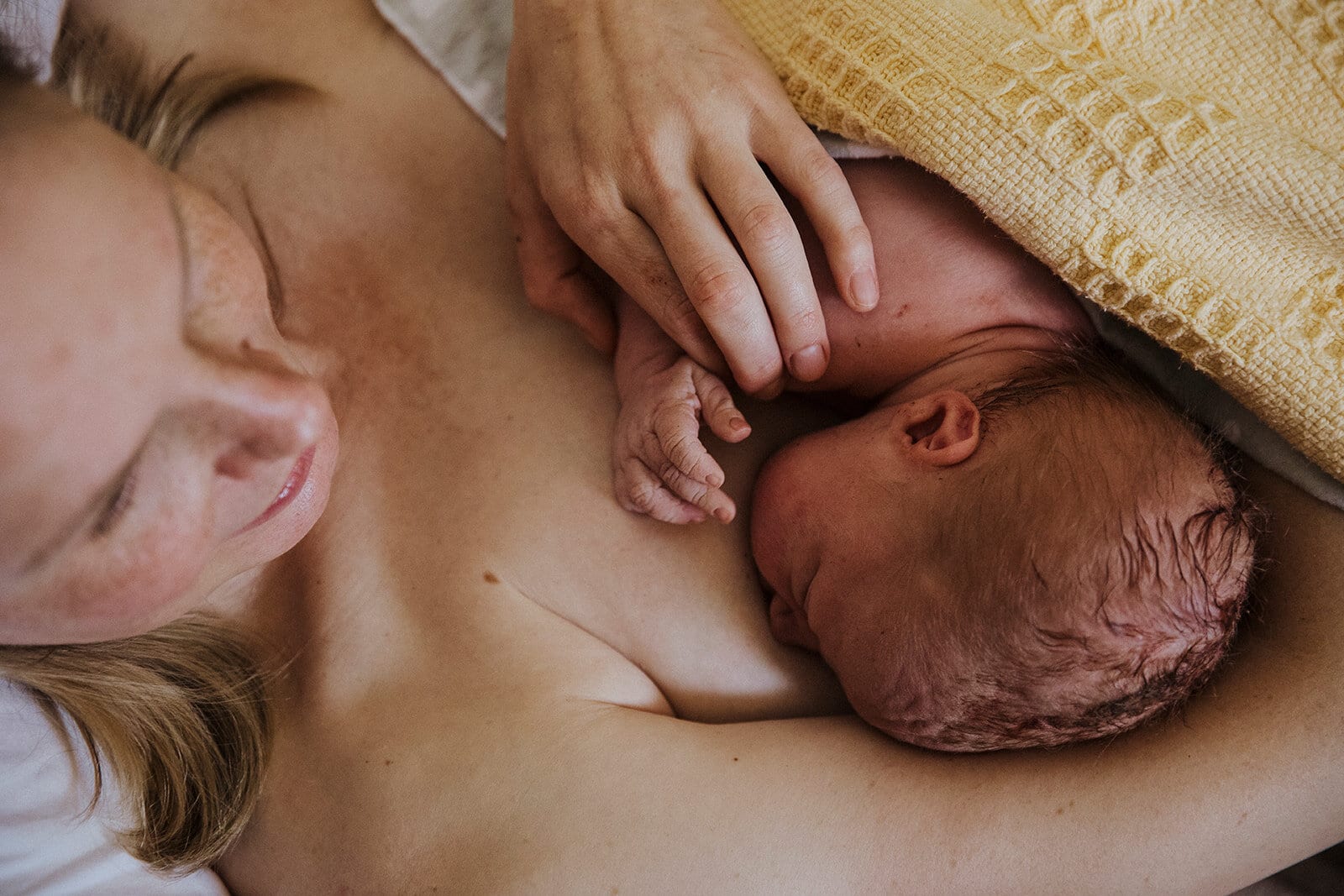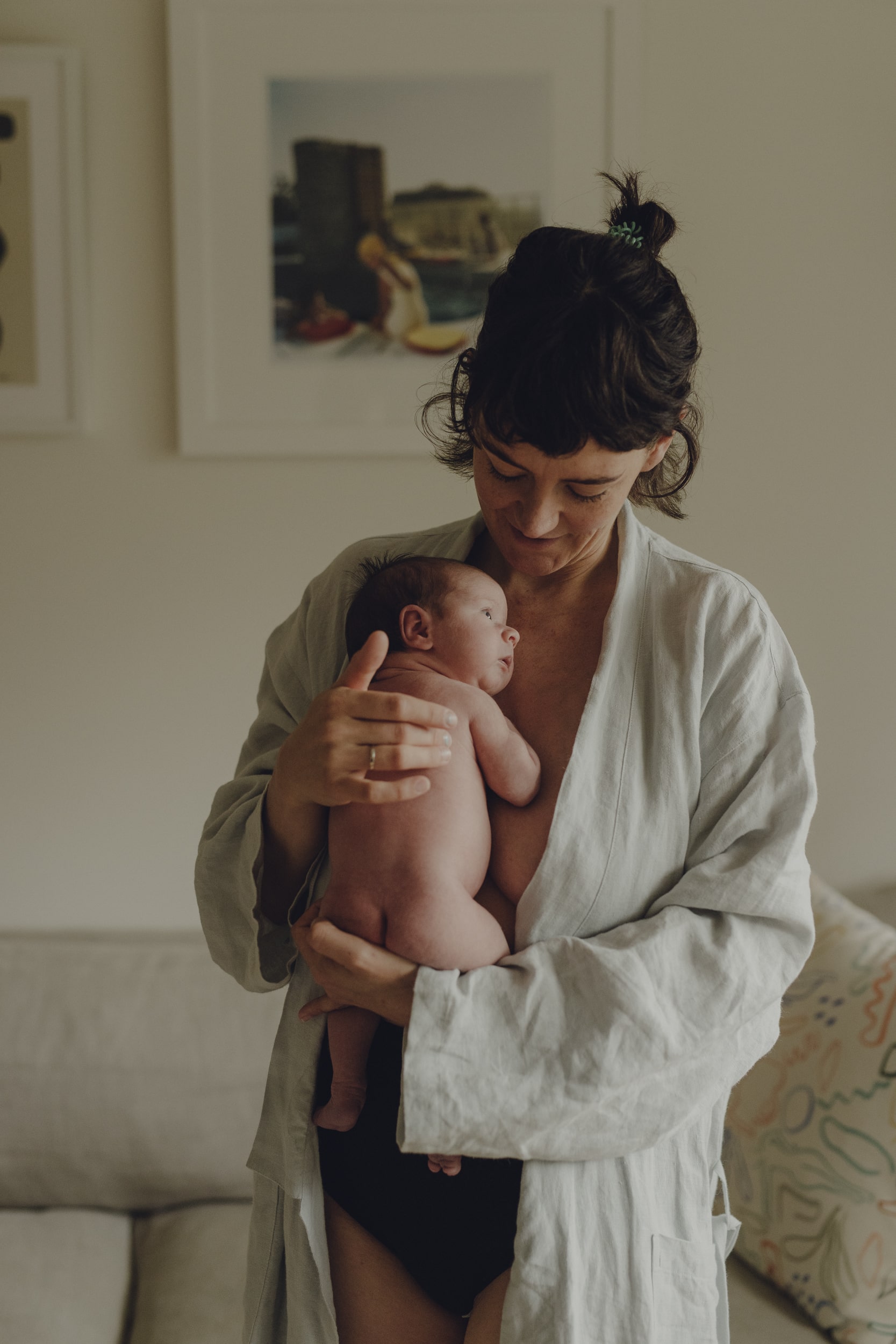Postpartum Postpartum Rest
Postpartum Rest

Why is it so important?
During pregnancy, there’s so much emphasis on birth preparation that many women don’t even consider what life will be like in the hours, days and weeks after birth. Indeed, it’s a time we’re not often privy to; sleep deprivation, leaking breasts and heaving sobs occur behind closed doors…many women don’t even know this stage exists until they land there, a new baby in their arms, their gushing joy coupled with an enormous sense of overwhelm.
Postpartum is a vulnerable time for the simple fact that everything is new and unknown. Birth – no matter where you birthed or how you birthed – is an almighty physical and emotional transition. And now, as you get to know your new baby, you’re also learning about your new self. Our advice? Go slow, be gentle with yourself, and know that it’s normal for it to take months till you find your ground in new motherhood.
As you adjust to life after birth, there’s one thing that you can prioritise that will make every aspect of new parenthood a bit easier – rest.
As a society, we’re not very good at resting. Productivity is a symbol of success and this doesn’t change when we become parents. Unravelling the social expectations on new motherhood and reconsidering how you want to navigate this stage is a really practical way to prepare for postpartum. We encourage you to start a conversation with your partner about the days and weeks after birth; what will they look like? How can you carve out time and space for intentional rest? What obligations can you let go of in the fourth trimester so family life is a little simpler?
You might be interested in learning what the women on the podcast found were 5 common postpartum experiences.
Your body after birth
Let’s consider how your body will feel after birth. You can expect it to feel soft and tender and you may be surprised how difficult simple movements are (getting out of bed or lifting out of a chair can be tricky as many women feel that they’ve lost all their core strength). Your body has been through so much since conception (perhaps even before conception, if you had fertility assistance) and acknowledging the enormity of this experience, and then being kind to it, is so valuable in postpartum. The ultimate act of kindness for your body that has endured so much? Rest. Because your soft, tender vessel will also be:
Postpartum Bleeding:
Whether you had a vaginal or caesarean birth, you’ll be bleeding. When the placenta detached it left a wound the size of a dinner plate on your uterus and this, as well as the uterine lining and mucous, will combine to create lochea, the discharge you’ll have for up to six weeks postpartum. Your bleeding will be quite heavy for the first week but after ten days you can expect it to be more like a regular period.
If this wound was on the outside of your body, everyone would be telling you to rest. But because it’s not, no one thinks about it (you may forget about it, too). However, if you are on your feet a lot, if you’ve lifted anything remotely heavy or if you’ve been busier than normal, you can expect your bleeding to increase. This is the unhealed wound bleeding, and it’s a sure sign that you need to pare things back and make time to rest.
Producing Breastmilk:
As well as bleeding, your breasts will likely be leaking. If you choose to formula feed, you’ll need to suppress your milk supply (your midwives will advise the best way to do this). If you’re breastfeeding, you can expect your milk to come in 3-5 days after birth (it may be a bit longer if you’ve had a caesarean birth). The first 6-8 weeks of your breastfeeding journey can be challenging because it does take time (and patience, persistence and often, expert guidance) to establish a rhythm with your baby. But again, rest really assists your breastfeeding journey. Spend as much time in bed, having skin to skin time with your baby, as this promotes the flow of oxytocin (the feel good hormone that also promotes breast milk production).
Rest doesn’t necessarily mean sleeping
It’s helpful to let go of the notion that rest means sleep. Disturbed sleep is guaranteed during postpartum (especially the first three months, known as the fourth trimester). Your baby will feed through the day and night, you may wake during the night from night sweats, go to the toilet or take pain relief medication (especially if you’re recovering from a caesarean birth). Breastfed babies will feed consistently in the first few weeks to encourage your milk supply to come in and to establish a supply that’s right for their needs.
Sleep deprivation is a guaranteed part of postpartum and it’s incredibly challenging to navigate. Staying in bed for the first week (and staying at home for the first few weeks) can really help this stage. Get a daily nap if you can and really embrace being in bed early; if you can get a few good hours of sleep before your baby wakes at night you’ll feel much better.
That said, rest may also look like this:
-
Social rest: socialising requires energy and often visitors will arrive on your doorstep not quite understanding the depth of your exhaustion or the vulnerability of postpartum. It’s time to stand firm with well-meaning friends and family and create a postpartum bubble for yourself. Invite people who will care for you; those who are willing to wash the dishes, hang the washing, bring you food and listen to you as you cry. These people are your most trusted supporters who will give you energy, not take it from you. Support is essential in postpartum, but visitors should be limited. Without the concern of other people’s expectations, you’ve created space for your own healing.
-
Sensory rest: because you’re in a vulnerable and sensitive state, you want to really take care of your nervous system and be really gentle with your whole self. Any stress, anxiety or concerns will rattle you more than they usually do. Calming music, warm baths, hot tea, cosy clothes, meditation and minimal screentime will help you stay grounded. Think of your postpartum bedroom and house as a cocoon; prepare it while you’re pregnant and you’ll really look forward to the comfort of it in postpartum.
-
Physical rest: resting your body and allowing your pelvic floor to heal from pregnancy and birth is so important for your long-term health. Scrap the idea of “getting back to it” and instead, prioritise lying horizontally as often as you can. If you’re breastfeeding, it can be really helpful to feed while lying on your side; it prevents your upper body from getting tense and you’re not placing unnecessary pressure on your caesarean scar, pelvic floor and perineum.
-
Emotional rest: talking to your partner, birth support person or doula/midwife is really important in postpartum. We often have a lot to unpack after birth and it’s really common to want to talk about all the stages. This is really healthy; you’re letting go of your thoughts, processing them with empathetic listeners and reflecting on how they make you feel.
Categories
Related Products
-
Discovering Motherhood
12 reviews$119.00The 8-part audio program supporting your empowered and confident transition into motherhood.
Get your copy of our Perineal Massage Guide in your inbox
Keep Reading
We think you might enjoy these articles

Why planning for postpartum is just as important as planning for birth – and how to do it right
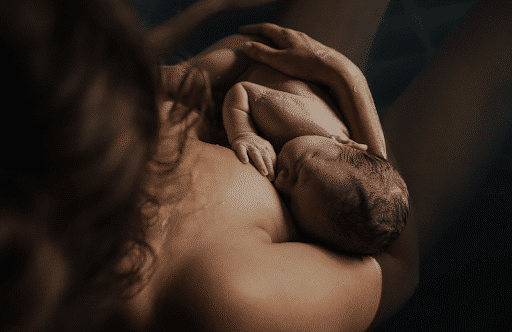
Cracked Nipples: Causes, Treatment and Prevention
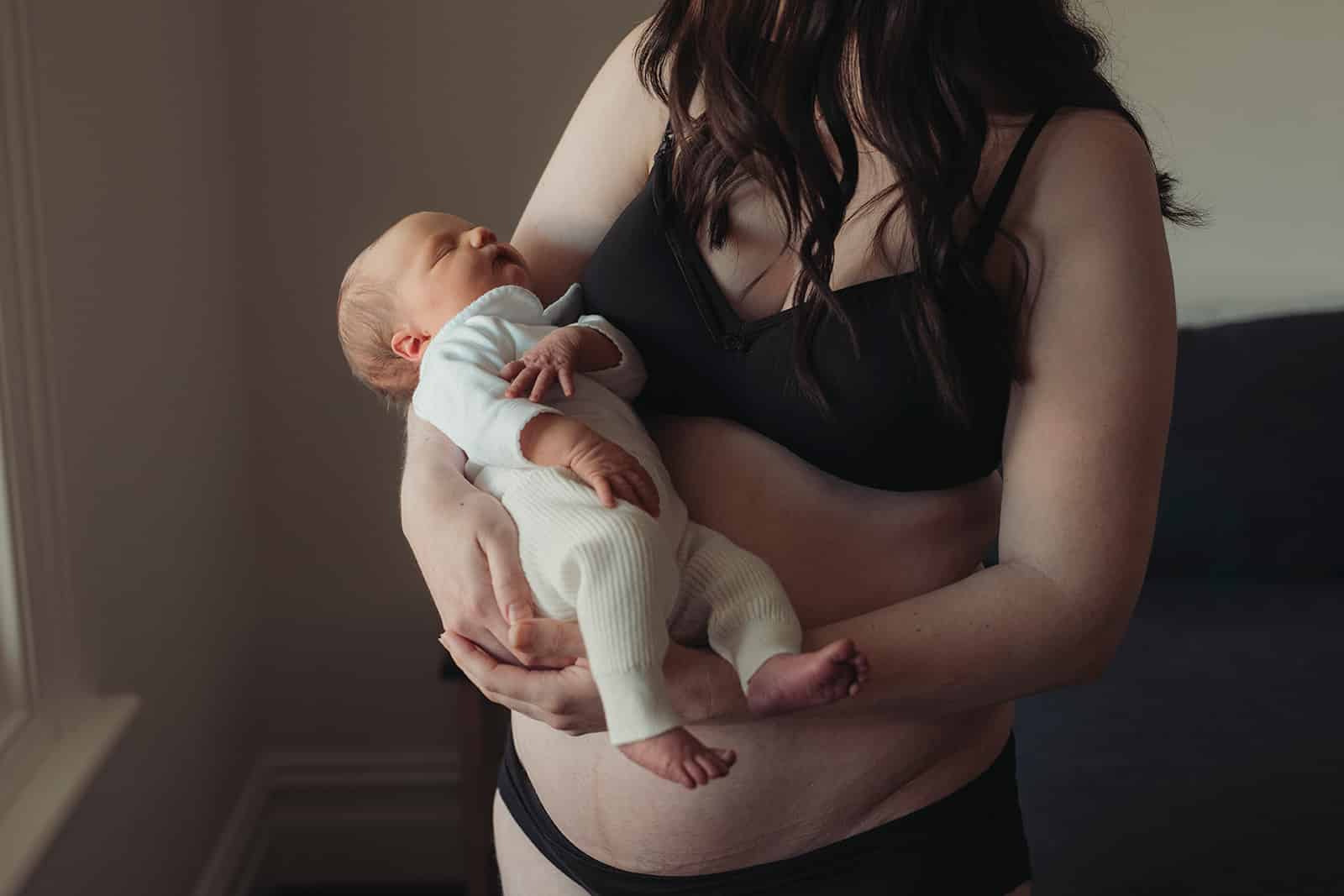
Caesarean Birth Recovery
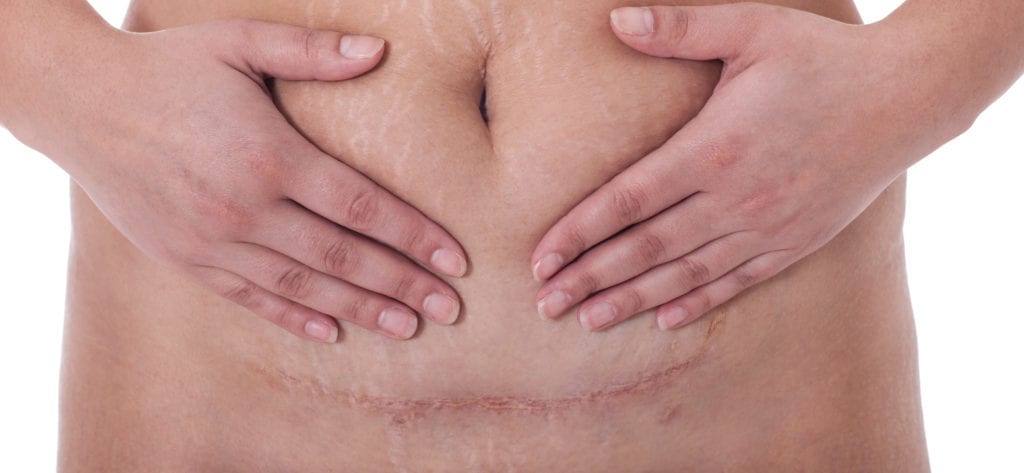
What is a C-Section Shelf?
@AustralianBirthStories
Follow along with us
@AustralianBirthStories
Follow along with us
@AustralianBirthStories
Follow along with us
@AustralianBirthStories
Follow along with us
@AustralianBirthStories
Follow along with us
@AustralianBirthStories
Follow along with us
@AustralianBirthStories
Follow along with us
@AustralianBirthStories
Follow along with us
@AustralianBirthStories
Follow along with us
@AustralianBirthStories
Follow along with us
@AustralianBirthStories
Follow along with us
@AustralianBirthStories
Follow along with us
